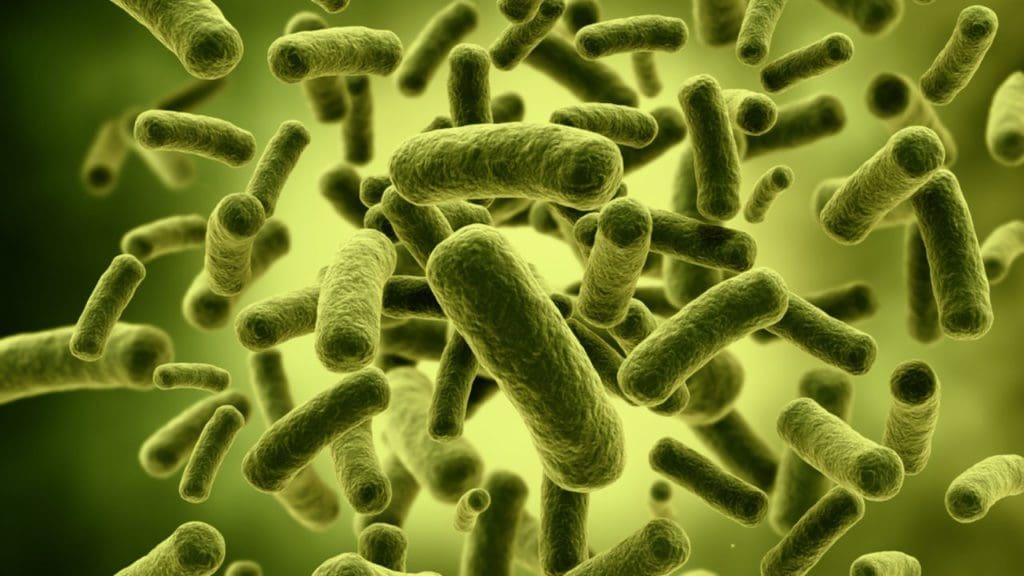ECOLI
Escherichia coli, also known as E. coli, is a Gram-negative, facultatively anaerobic, rod-shaped, coliform bacterium of the genus Escherichia that is commonly found in the lower intestine of warm-blooded organisms.

E. coli is easily identifiable in a laboratory, but figuring out which strain it is tends to be more difficult. There are about 110 strains of E. coli, of which about a dozen are harmful. Approximately 1% of all wells on PEI test positive for E. coli, and almost 100% of E. coli problems are caused by leaky septic tanks. E. coli is usually an indicator that surface water is entering the well.
COLIFORM
Coliform bacteria are organisms found in the environment and in the feces of all warm-blooded animals, including humans. Coliform bacteria are unlikely to cause illness. However, their presence in drinking water suggests that disease-causing organisms (pathogens) may be present in the water system.

Whether you’re installing a new pump or repairing an existing one, all it takes is an insect or a blade of grass to get into the well via the pump, pipe, or electrical wire for coliform bacteria to appear. Any plumbing, such as pipes, water tanks, or the like, can be a temporary home for insects or spiders, and if hard-shelled bugs get into the system, it can take months of disinfecting to get a coliform count to zero.